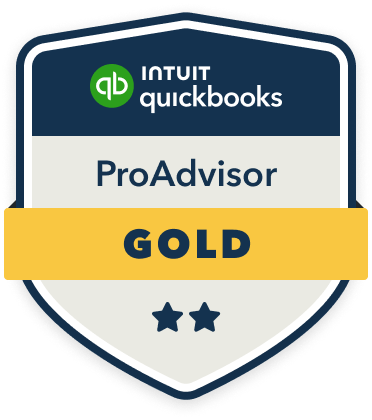Implementing an exhaustive bookkeeping system equips your socially responsible business to quantify both financial performance and social impact metrics. You’ll gain enhanced ability to track SROI, demonstrate transparency to stakeholders, and make data-driven decisions about resource allocation. This dual-purpose tracking enables tax compliance while documenting your mission-driven outcomes. Beyond basic accounting, proper bookkeeping transforms your social enterprise data into strategic insights that maximize community impact and sustainable growth.
Enhanced Social Impact Measurement and Reporting

Consistently tracking social impact metrics represents a critical component of bookkeeping for socially responsible businesses. I’ll show you how to leverage your financial data to quantify your organization’s social return on investment (SROI) and community impact.
Financial Transparency and Stakeholder Trust
Trust forms the foundation of every socially responsible business’s relationships with stakeholders. When I implement transparent financial reporting practices, I don’t just fulfill regulatory requirements – I create powerful channels of accountability that strengthen stakeholder confidence. Through detailed documentation and accessible financial records, I demonstrate my commitment to ethical business practices.
- Your stakeholders will recognize your integrity when you share clear, accurate financial data
- Your business gains competitive advantage by showcasing responsible fiscal management
- Your mission-driven impact becomes quantifiable and credible through transparent reporting
This transparency transforms stakeholder relationships into strategic partnerships, positioning your business as a trusted leader in sustainable enterprise.
Strategic Decision-Making for Mission-Driven Growth

Strong financial transparency sets the stage for informed strategic decisions that align with your social mission. I’ll show you how to leverage your bookkeeping data to drive mission-driven growth. By analyzing your financial metrics alongside social impact indicators, you’ll identify which initiatives deliver both profit and purpose.
Track your impact investments, sustainable supply chain costs, and community program ROI to optimize resource allocation. Your detailed financial records will reveal growth opportunities that maximize stakeholder value while maintaining ethical standards. Use this data to forecast scenarios, evaluate scaling options, and make evidence-based decisions that strengthen both your bottom line and social impact.
Tax Compliance and Social Enterprise Certifications
While maintaining social enterprise status offers unique tax advantages, it also requires careful attention to specialized compliance requirements and certifications. I’ll help you navigate the complex intersection of tax regulations and social impact documentation to maximize your benefits while ensuring full compliance. You’ll need to master both standard business tax requirements and additional reporting specific to social enterprises.
- Leverage B-Corp certification to dominate your market while showcasing your commitment to social good
- Command authority in your industry through precise social impact measurement and reporting
- Transform tax obligations into strategic advantages that fuel your mission’s growth
The key is integrating these compliance requirements into your operational strategy to create a powerful competitive advantage.
Sustainable Resource Management and Impact Scaling

Managing resources sustainably requires a systematic approach that balances social impact with financial viability. I’ve found that implementing robust bookkeeping systems enables me to track resource allocation across my impact initiatives while monitoring their scalability potential. By analyzing my financial data streams, I can identify which social programs deliver the highest return on investment and optimize my resource distribution accordingly.
I leverage my bookkeeping metrics to make data-driven decisions about scaling successful initiatives. This allows me to maximize both my social impact and operational efficiency, ensuring that every dollar invested generates measurable positive change while maintaining my business’s long-term sustainability.









